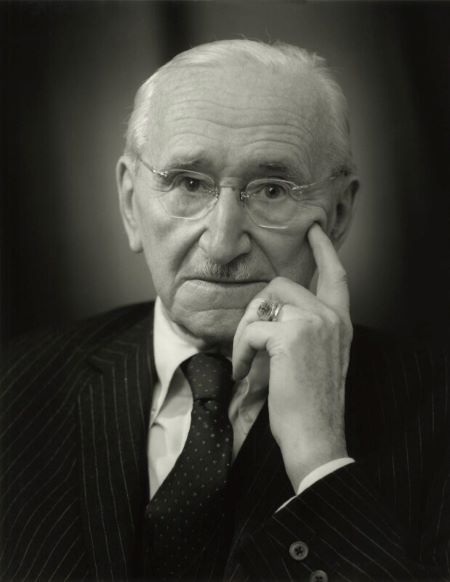Liberty Matters
Viva la Counter-Revolution
 Both Koppl's objection to my communication-enrichment trade-off and Boettke's reply are worth considering. I think Boettke's original essay and reply do more than enough to establish that, when ideas have sex, information can be lost as well as gained. And just because some arguments manage to both communicate and enrich certain ideas does not mean that there is no trade-off between the two, just as the fact that some technological innovations push out a production possibilities frontier does not mean there is no scarcity. I am of course flattered that Koppl thinks highly of my piece on cosmopolitanism. However, I am willing to wager that it will have little to no impact among mainstream economists precisely because it combines ideas from fields like biology, economics, and political science to address an issue in political philosophy.
Both Koppl's objection to my communication-enrichment trade-off and Boettke's reply are worth considering. I think Boettke's original essay and reply do more than enough to establish that, when ideas have sex, information can be lost as well as gained. And just because some arguments manage to both communicate and enrich certain ideas does not mean that there is no trade-off between the two, just as the fact that some technological innovations push out a production possibilities frontier does not mean there is no scarcity. I am of course flattered that Koppl thinks highly of my piece on cosmopolitanism. However, I am willing to wager that it will have little to no impact among mainstream economists precisely because it combines ideas from fields like biology, economics, and political science to address an issue in political philosophy.But I think it is worth connecting these issues with what Hayek still has to offer contemporary political economy. Hayek's work puts institutional analysis at the heart of economics. He was right to do so. And, belatedly, other economists came to follow suit. By the early 2000s, articles about the importance of property rights and constraints on government power made regular appearances in top economics journals. Progress.
This good news presents fans of Hayek with a conundrum. To paraphrase Kenneth Boulding (1971): after Acemoglu, who needs Hayek? It is easy to reply that there is a richness in Hayek's account that is not fully subsumed by later institutional economists such as Douglass North, Barry Weingast, Andrei Shleifer, and Daron Acemoglu. And that is true. Boettke's original essay in this symposium makes clear that there is an epistemic dimension to institutions in Hayek's work, one that I have argued is still missing in the above authors. (Martin 2014)
But it is not enough to say that there is something in Hayek's account that is missing in these others. There is much in the study of 13th-century Chinese poetry that is absent from economics as well, but a great deal of that knowledge is probably irrelevant. To be worth discussing, the omitted factor has to be something of interest to the conversation a particular academic audience is having. One quirk of Hayekians is that we tend to think of conceptual economic theory as a benefit—reading "Economics and Knowledge" is a lot of fun, at least for nerds like the four of us—while most of the economics profession thinks of theory as a cost. Insight into the world is the benefit. The burden of proof rests on us fans of Hayek to show what questions alternative approaches to institutions leave unanswered and how Hayek's work can contribute to answering them.
If this is the way forward, it does not leave me with much to say. If I knew the right puzzle, the right empirical case, and the right research design to make the case for Hayek's rich view of knowledge to other economists, I would have written that paper already. Just as recognizing the importance of entrepreneurship to economic activity does not make economists into successful entrepreneurs, recognizing the importance of arbitraging between Hayekian ideas and mainstream economics does not make us into Nobel laureates. Until those profit opportunities are recognized and grasped, Hayek's counter-revolution will remain incomplete.
References
Boulding, Kenneth. 1971. "After Samuelson, Who Needs Smith?" History of Political Economy, 1971, vol. 3, issue 2, pages 225-37.
Martin, Adam. 2014. "Where Are the Big Bills? Escaping the Endogenizer's Dilemma." Review of Austrian Economics, Volume 27, Issue 1, pp 81–95; <https://link.springer.com/journal/11138/27/1/page/1>.
Copyright and Fair Use Statement
“Liberty Matters” is the copyright of Liberty Fund, Inc. This material is put on line to further the educational goals of Liberty Fund, Inc. These essays and responses may be quoted and otherwise used under “fair use” provisions for educational and academic purposes. To reprint these essays in course booklets requires the prior permission of Liberty Fund, Inc. Please contact oll@libertyfund.org if you have any questions.